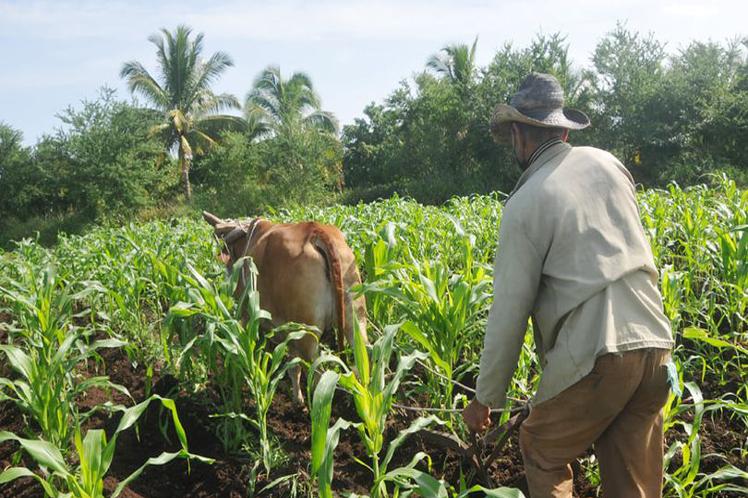An article in Granma newspaper pointed out on Tuesday that national productive forms are a viable alternative to guarantee the supplies of fresh and processed agricultural products required by tourism.
The article insists that Cuba’s productive forms might guarantee the supplies of fresh agricultural products that tourism requires, as 65.8 percent of the total purchases from the Cuban tourism system to ensure the sustainability of the sector come from the domestic industry.
The general director of Marketing at the Ministry of Tourism (MINTUR) of Cuba, Pilar Alvarez, assured that such elements demonstrate that the sector continues to be the main driving force of the country’s economy and an important driving force of productive chains.
However, she considered that not all the potential of each territory has yet been exploited to contribute to the country’s tourism development.
She told Granma that imports are reduced in technological system services, as well as in the production of inputs, food and beverages, only importing what is not produced in the country.
She added that the direct effects of the intensified blockade (economic and financial pressure from the United States on Cuba) and the consequences of the Covid-19 pandemic affected both tourism and the national industry, due to a lack of financial resources at the right moment.
For this reason, the challenge that the sector faces is to provide a service of excellence and advance in the development of tourism, she stressed.
Alvarez noted that national productive forms are a viable alternative to guarantee the supplies of fresh and processed agricultural products that tourism operations require.
In general terms, she explained that contracts were signed with more than 1,200 of these forms (credit and service cooperatives, agricultural production, independent producers, basic cooperative production units and local development projects), with deliveries of more than 25 percent of what is required by the sector.
jg/mem/rfc









